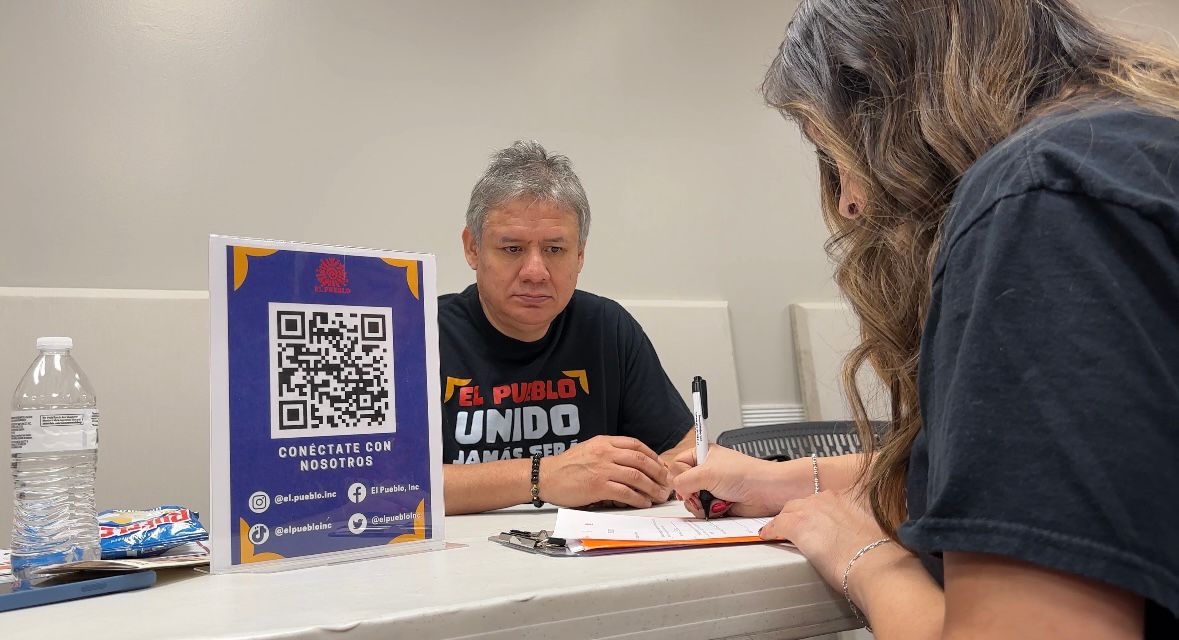Inflation keeps rising and people are feeling the pinch when it comes to their bottom line. Raleigh financial expert Alex Sutherland shared money-saving strategies.
Q: WHAT DID THE LATEST INFLATION REPORT REVEAL?
Inflation did not ease as expected in August. The consumer price index increased 0.1% month over month and prices were up 8.3% compared to last year.
Energy prices have decreased 5% in the last month. However, the food index increased by 0.8%, and shelter costs rose by 0.7% and are up 6.2% from a year ago.
Wall Street saw stocks drop sharply due to the new numbers. Following the latest CPI report, the S&P 500, Nasdaq and the Dow fell more than 2%.
Q: WILL THIS BRING MORE INTEREST RATE HIKES FROM THE FEDERAL RESERVE?
The Fed has shown no signs of slowing down interest rate hikes as Federal Reserve Chair Jerome Powell said he vows to raise rates until the job of combating inflation is done.
The Fed has raised interest rates five times over 2022 to a total range of 3% to 3.25% following this latest hike.
Even though interest rate hikes make borrowing more expensive for consumers, the goal is to slow down spending and cool inflation rates.
The conflict between Russia and Ukraine and ongoing COVID-19 outbreaks have continued to cause supply chain issues that simply can’t keep up with demand, which drives prices even higher.
Q: HOW CAN WE STAY WITHIN BUDGET AS PRICES CONTINUE TO RISE?
Review your budget
You’re paying more for almost everything now, which means last year’s spending plan is probably not going to work for you and your family at the moment.
If inflation is causing you to spend more than you earn, review your budget and update it accordingly.
Think about where you can cut costs. Do you really need all those streaming service subscriptions? Can you wait to take a vacation until next year? Can you carpool with a coworker?
If you don’t have a budget yet, now is the time! A budgeting worksheet at lifeplangroup.com can help you get started.
Comparison shop
Especially when "shrinkflation" is happening, it’s important to pay attention to prices and quantities when you’re shopping.
If one company reduces its product size but not its price, there might be another brand that hasn’t.
You can also comparison shop stores by looking them up online or using an app like GasBuddy to find gas stations offering lower prices and fill up there.
You can do the same thing with some bills. If your internet provider is charging more than their competition, call and negotiate a price reduction.
Capitalize on rewards
Many stores offer rewards for loyalty members, so it might be worth it to sign up and save.
When you sign up, they’ll likely send you updates on sales and coupons to help your dollars stretch a little further.
Although there’s usually an upfront cost to join, bulk stores like Costco and Sam’s Club offer plenty of deals on household essentials and even price cuts on gas.
If you do a lot of shopping online, apps like Honey and Rakuten offer cash back to save money.
If you’re responsible enough to pay off your balance at the end of each month, sometimes using a credit card to earn travel points, cash back or other rewards can be a good way to make the most out of your spending.
Stay invested
Essentially, an 8.3% inflation rate means your dollar has lost 8.3% in value, which is a loss you’ll never be able to recover from savings returns.
Wall Street may look uncertain, but stocks remain the most likely way to beat inflation in the long run because of the potential for long-term gains.
A good financial strategy does not let short-term volatility impact a long-term approach.
Working with a financial professional can help prevent you from making a knee-jerk reaction and keep you on track.
At LifePlan Group, we provide our clients confidence and clarity by helping them understand their financial situation. We want our clients to understand the pros and cons of various financial strategies and to understand how we can mitigate their market risk.
Q: WHEN WILL INFLATION START TO REVERSE?
It’s hard to predict how long inflation will continue to rise, but the Fed’s efforts should start to produce results as people borrow less and the demand for goods and services decreases.
Some economists estimate inflation will subside by the end of 2023, but it’s hard to pinpoint an exact answer.
It’s important to keep in mind that the economy is cyclical; a good strategy is to use the good times to prepare for the bad times.
Historically, we know economic downturns and recessions won’t last forever, which means there will be a light at the end of the tunnel.









